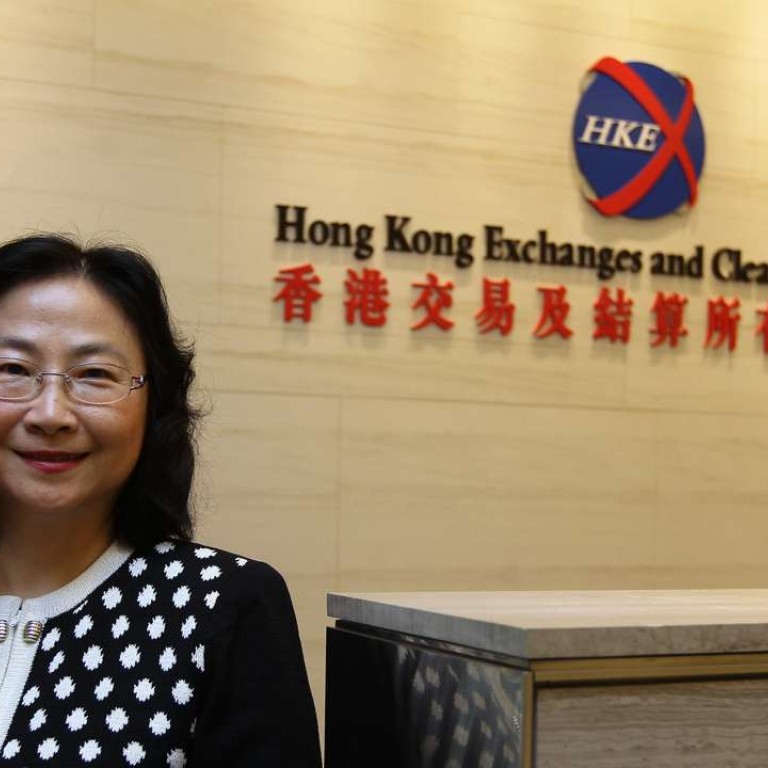
A quota for women on Hong Kong company boards? No, thanks
Adopting the approach used by Norway and France would quickly boost female board members, but at the expense of quality governance
Imposing a quota might be a short cut to increasing the number of women serving on company boards in Hong Kong but it isn’t a good idea in terms of improving corporate governance.
Early next year France plans to introduce a quota system for the number of women sitting on boards, a move that has stirred up debate over whether Hong Kong should follow suit.
This writer has always supported the idea of board diversity but is against the idea of achieving that by having a quota.
The fact is that if there are laws or regulations requiring listed companies to hire a certain percentage of board members who are female, it would provide a quick way to increase the number of women on boards.
Countries such as Norway have done that for more than 10 years and as a result 40 per cent of all company directors are female. France will introduce a similar system in January 2017 whereby if a company does not have 40 per cent of female directors on its board, the entire board will not receive any director fees as a penalty.
Many companies may well only look for the mothers, sisters or wives of the major shareholders and executives on the board
However, such a system would mean companies will put gender ahead of ability when it comes to selecting people as board directors – which is not an ideal approach.
In Hong Kong, only 10 per cent of company directors are female. If Hong Kong introduced a quota system similar to that of Norway and France, many companies may well only look for the mothers, sisters or wives of the major shareholders and executives on the board.
If that happens, it would certainly result in an increase in the number of the female directors in Hong Kong but they would be unlikely to give good, independent advice to the listed companies. More often than not, these female relatives may only echo the view of their sons, brothers or husbands on the board.

What’s worse, if a quota system is implemented it is likely to lead people to have the perception that the female directors are appointed only because of the quota and not because of their ability. This would make it even harder for these female directors to show their ability and gain recognition from shareholders.
As such, it would be better to further encourage the appointment of female directors but not adopt a quota system to achieve this.

